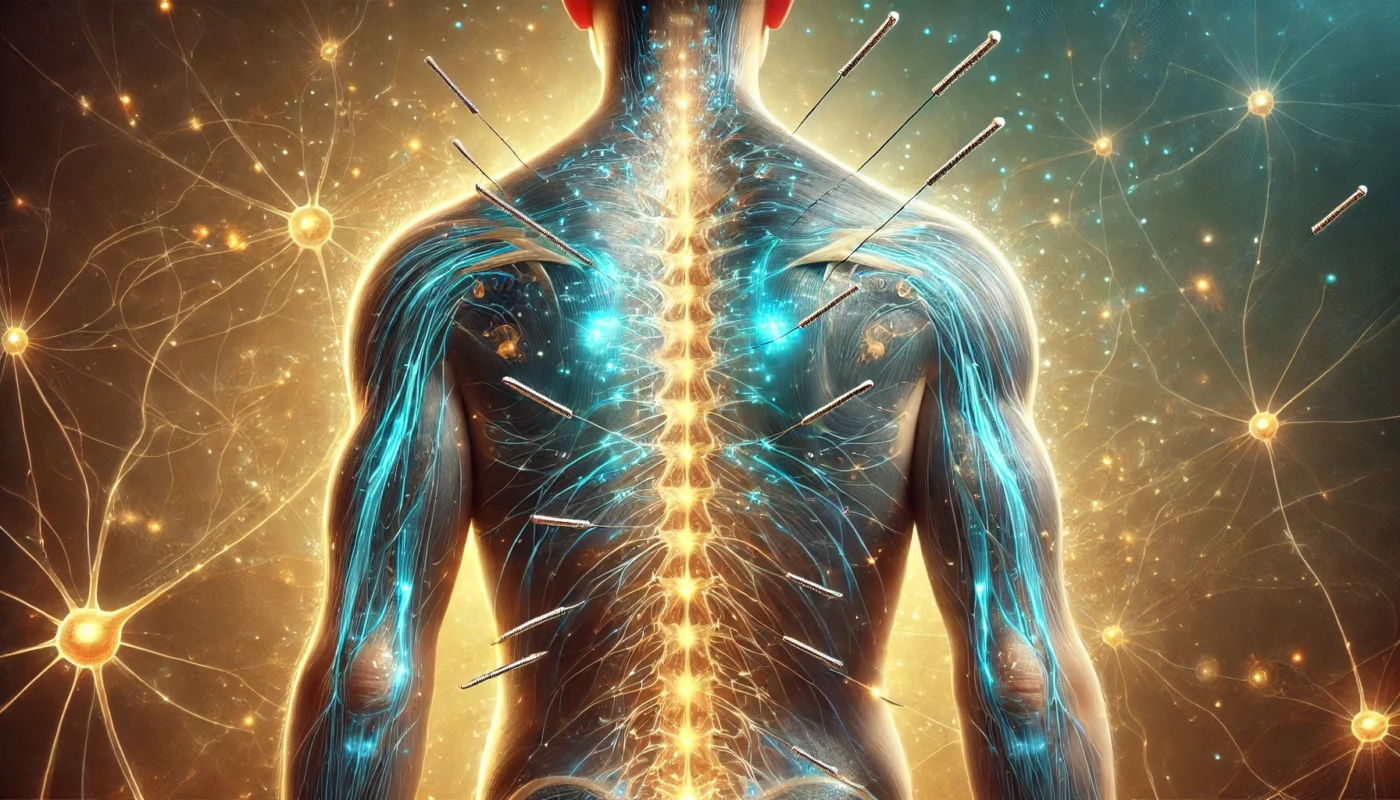Extended release pain medications, also known as ER pain meds, are designed to release their active ingredients slowly over time. This allows for sustained pain relief with fewer doses compared to immediate-release formulations. These medications are commonly used in managing chronic pain conditions, such as arthritis or cancer pain, where continuous pain control is necessary.
Tag Archives: neuropathic pain
Neuropathic pain is a chronic condition arising from damage to the nerves. This type of pain is notoriously difficult to treat with conventional medicine, often requiring a holistic approach. Symptoms can include burning sensations, tingling, numbness, and sharp, shooting pains, which significantly impact quality of life.
In the realm of pain management, finding effective solutions can be a challenging endeavor. For those grappling with nerve pain, or neuropathic pain, relief can often feel elusive. This type of pain, which results from damage to the nervous system, can be particularly stubborn and resistant to traditional pain relief methods. One medication that has been gaining attention is Venlafaxine, commonly known by its brand name, Effexor. While primarily prescribed as an antidepressant, Venlafaxine has shown potential in alleviating nerve pain. In this article, we will delve into the intricacies of using Venlafaxine for nerve pain relief, exploring its mechanisms, benefits, and considerations for use. Understanding how Venlafaxine works and its role in pain management could provide a new avenue for those seeking relief.
Nerve pain, or neuropathic pain, is a complex and often chronic condition that arises from damaged or dysfunctional nerves. Unlike the pain from an injury or inflammation, neuropathic pain is more challenging to treat with standard painkillers. Medications like gabapentin, pregabalin, and certain antidepressants are commonly prescribed, but they often come with a host of side effects, prompting individuals to seek alternative remedies.
Antidepressants are widely recognized for their role in treating depression and anxiety disorders, but they also have a significant place in managing chronic pain, particularly nerve pain. This dual functionality stems from their ability to alter neurotransmitter levels in the brain, which affects both mood and pain perception.





